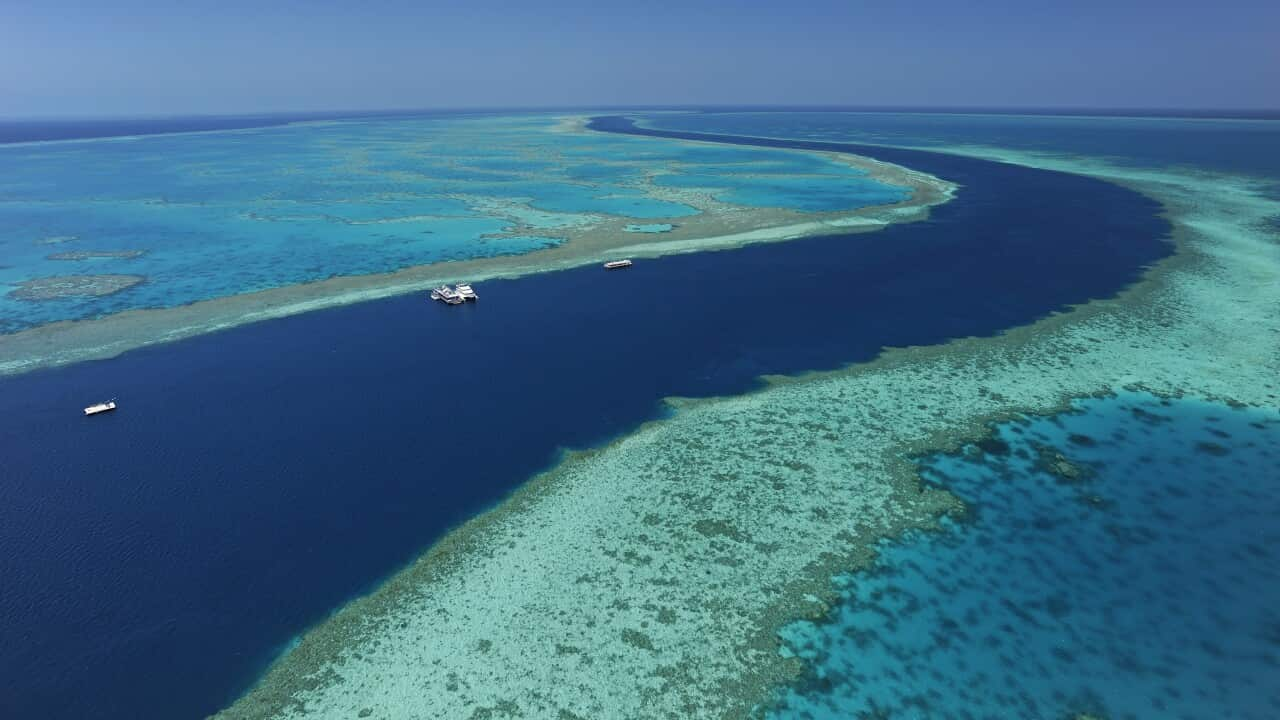The federal government will spend $58 million on improving water quality of the Great Barrier Reef and repairing wetlands in the region.
Environment Minister Greg Hunt announced the new funding - which makes up phase three of the Reef Trust investment strategy - at major climate talks in Paris on Friday.
It will focus on cane farm and horticulture irrigation as well as soil management and grazing erosion reduction.
Great Barrier Reef Marine Park Authority chair Russell Reichelt said the Trust's work was "fundamentally important" to the reef's health.
"In my 40 years of working with the Great Barrier Reef in one way or another, this is the most exciting long term thinking that I've seen put in place," he told reporters in Paris.
The new money brings the total Trust spend to $91.3 million.
Mr Hunt also announced on Friday he'd "gently encouraged" the United Nations' climate science body to carry out a review into what's known as 'blue carbon' found in marine life like sea grass.
Australia is pushing for research into potential carbon emission increases by clearing sea grass and mangroves, while also looking at their potential to store carbon from the air.
The government believes they could be more effective than forests in sequestering emissions.
Mr Hunt on Tuesday revealed a domestic research project to investigate Australia's blue carbon potential in hopes of being the first country to include it in national emissions inventory.
Australia on Friday approached the Intergovernmental Panel on Climate Change to ask them to look at doing a "special report" into the issue.
"There's a great deal of preliminary work that has been done on the extraordinary CO2 reduction capabilities as well as the impact on reducing ocean acidification of enhancing mangroves and seagrass," Mr Hunt said in Paris.
The IPCC will determine if the research is warranted.

